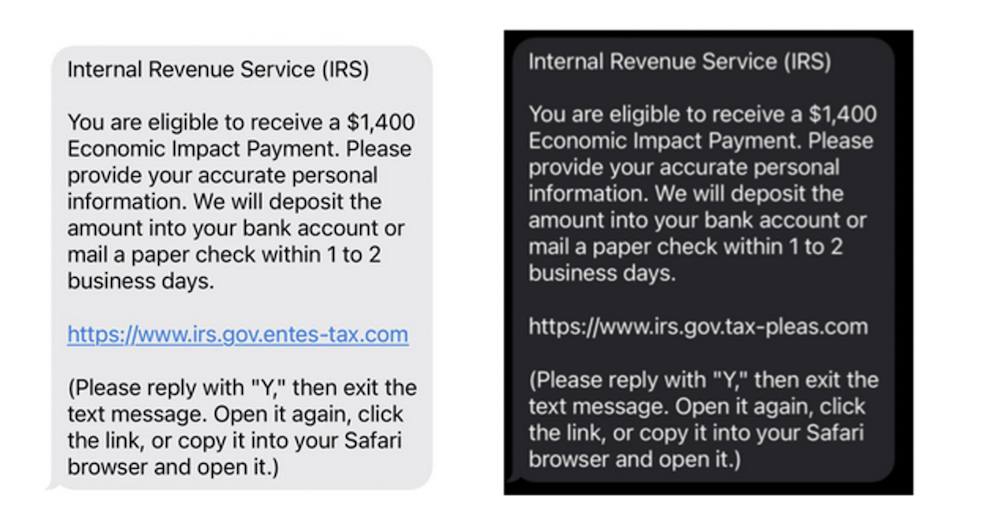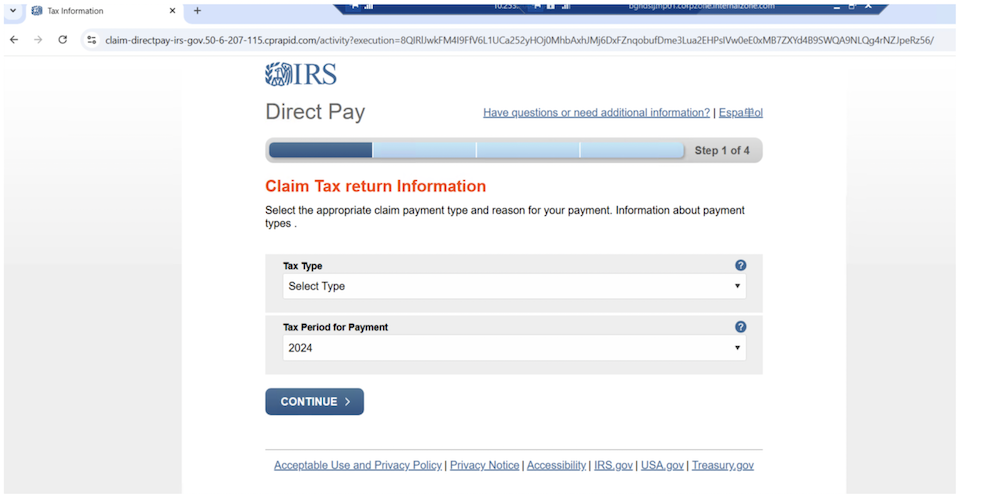
Surge in IRS Scams Targets Mobile Users During Peak Tax Season
- Cybercriminals are capitalizing on tax season interest by launching a wave of sophisticated IRS scams targeting mobile devices.
- The IRS-impersonating campaigns involve fraudulent links that seem to be legitimate.
- The fake messages are crafted to create a sense of urgency in order to prompt quick action.
A rising wave of sophisticated IRS scams focuses on mobile devices as the primary target. These scams leverage text messages to deceive taxpayers into sharing sensitive financial and personal information, including social security numbers and account credentials.
New data from McAfee Labs’ analysis of 2024 trends reveals alarming insights, such as dominating text scams, with 76% of tax scam activities targeting mobile users.
Fraudulent URLs, often disguised with link shorteners and fake IRS-style web addresses like "irs.gov.tax-helping[.]com,” are core tools in these schemes. Coordinated efforts are evident, with a single campaign accounting for 17.3% of blocked tax-related malicious URLs last year.
Scammers rely on urgency and fear, sending texts claiming tax refunds are delayed or threatening jail time for non-payment. They bait victims into clicking on fraudulent links leading to convincing IRS copycat sites.
These tactics aim to steal personal data, commit identity theft, or file fraudulent returns on behalf of victims to collect tax refunds.
Scammers try to steal account or financial details associated with credit cards and banks and even file false returns in a victim’s name to claim their refunds. Of course, stolen data can be sold on dark web marketplaces.
Based on past incidents, the report mentions scammers are very likely to pose as tax prep and tax software companies as well and build the scams around false claims of quick refunds and easy filing solutions.
Security researchers say the scam campaigns may also rely on email, direct messages on social media, or promoted search results.
Victims unknowingly expose themselves to devastating financial and personal consequences, from identity theft to illegal use of their social security numbers for opening fraudulent accounts or committing insurance fraud. Addressing these aftermaths can take months or even years.











